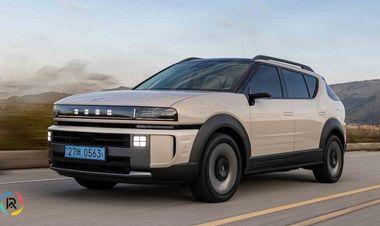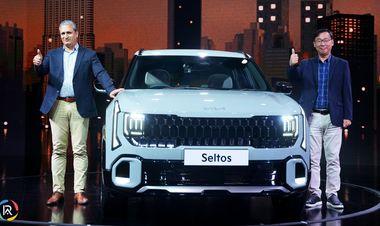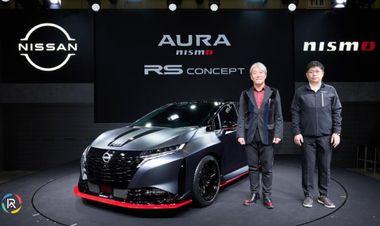National- The Government of India, has approved a progressive scheme to boost domestic manufacturing of electric passenger cars. Aligned with the nation’s net-zero 2070 target, the initiative aims to promote sustainable mobility, drive economic growth, and position India as a global hub for EV manufacturing and innovation.
The Ministry of Heavy Industries (MHI) issued the detailed guidelines on March 15, 2024, with the Department of Revenue simultaneously releasing a notification on concessional customs duties for imported EVs. A formal invitation for applications is expected soon, with online submissions to be enabled via the MHI portal. The application window will initially be open for 120 days, with flexibility for re-opening until March 15, 2026.
To incentivize participation from global players, the scheme allows approved applicants to import Completely Built Units (CBUs) of electric four-wheelers at a significantly reduced customs duty of 15% (compared to the usual 70%), provided the vehicles have a minimum CIF value of USD 35,000. This benefit will be available for a period of five years. The maximum number of CBUs allowed under this concession is 8,000 units per year, with carryover permitted. Import benefits are capped either at ₹6,484 crore per applicant or the total investment committed by the applicant, whichever is lower.
Applicants must make a minimum investment of ₹4,150 crore (approximately USD 500 million) within a three-year window. They are required to establish a manufacturing facility in India and commence production of electric four-wheelers within three years from the date of approval. To encourage local value creation, the scheme mandates a minimum Domestic Value Addition (DVA) of 25% within three years and 50% within five years. DVA compliance will be verified using the standard operating procedure under the PLI Auto Scheme, and certified by testing agencies approved by MHI.
Investments made under this scheme must go toward eligible activities, including new plant and machinery, equipment, utilities, and engineering R&D. Costs related to land purchase will not be considered. However, buildings for the main plant and utilities can be included up to 10% of the committed investment. Expenditure on charging infrastructure is also allowed, but capped at 5% of the total investment.
To ensure accountability, all approved applicants must provide a bank guarantee equivalent to either the total duty foregone or ₹4,150 crore whichever is higher. The guarantee must remain valid for the duration of the scheme period.
The eligibility criteria require that the applicant company or its group companies must have a minimum global revenue of ₹10,000 crore from automotive manufacturing and a fixed asset base (gross block) of at least ₹3,000 crore, based on the latest audited financial statements. Group companies are defined as those with at least 26% direct or indirect voting rights in each other.
Union Minister Shri H.D. Kumaraswamy said that the scheme provides an enabling policy framework for both domestic and international EV manufacturers. “With calibrated customs duty concessions and clearly defined domestic value addition milestones, the scheme strikes a balance between introducing cutting-edge EV technologies and nurturing indigenous capabilities,” he said. “It will strengthen Make in India, empower Aatmanirbhar Bharat, and firmly establish India as a key player in the global EV ecosystem.”







